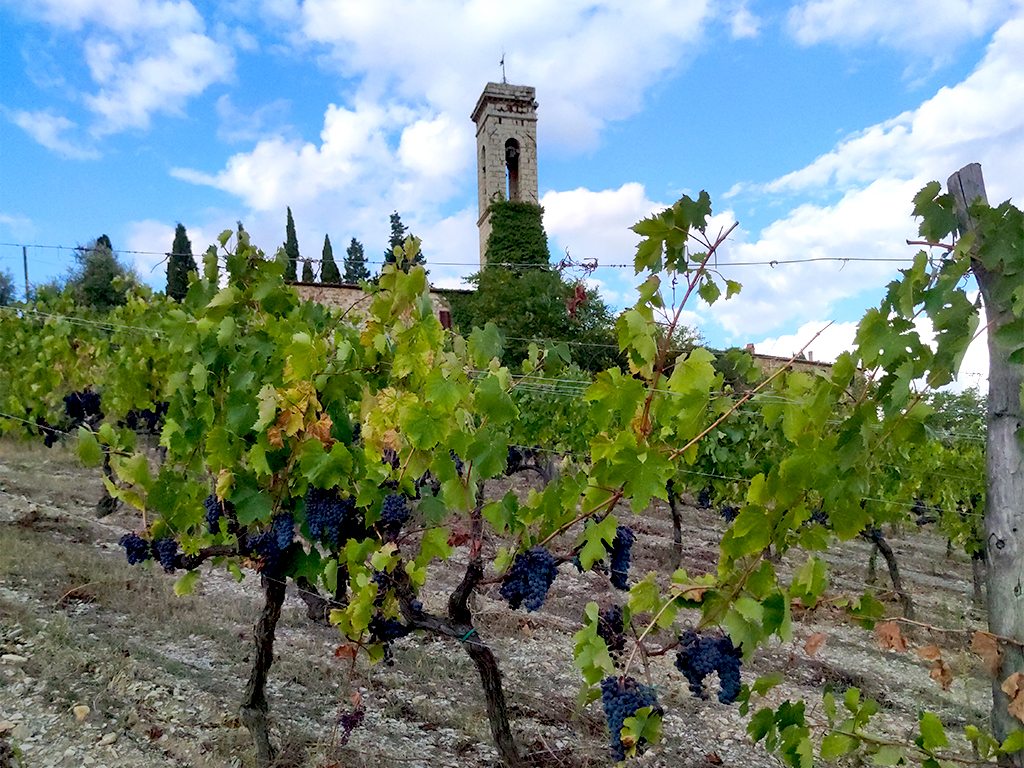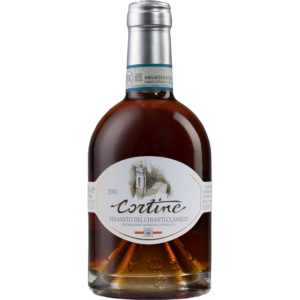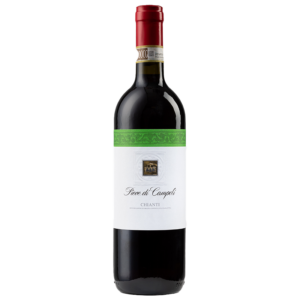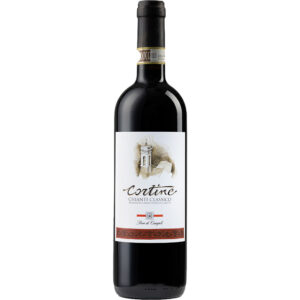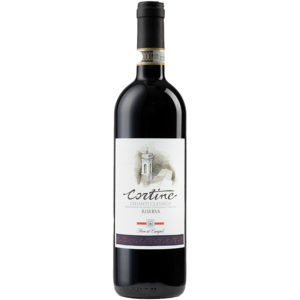Subtotal: £31,10

The Diocesan Institute for the Support of the Clergy of Florence was founded in 1985, following the new law on the concordat stipulated by the Italian State with the Catholic Church. The Institute, the heir to the centuries-old parish priests, owned the Pieve di Campoli agricultural company that year, whose registered office is in Florence.
The Tradition
Chianti Classico wine has a history dating back to the 13th century. The region is recognized for its Sangiovese grape, the backbone of Chianti Classico wines. Traditional winemaking practices, including strict regulations like the Chianti Classico Consorzio, ensure that the quality and authenticity of the wines are maintained.
The Territory & the Vineyards
The winery’s vineyards are located within the perimeter of two municipalities, within two DOCGs, and five large wine-growing areas measure about 50 hectares. Each has distinctive microclimatic characteristics that are a direct expression of the wines produced from vineyard to vineyard. The influence of terroir in wines is an asset, and the variety of altitudes and microclimates results in different wines, each an expression of the vineyard of origin. All of the winery’s vineyards are on hillsides or terraced slopes with varied exposures, characterized by conditions that guarantee the best yields in terms of quality. Some vineyards are historic plantings, with over half a century-old vines. The most promising ones have been chosen to become true crus with the aim of maximizing the special conditions of the microclimate, soils, and rootstocks planted. Dominating the scene among the estate’s grape varieties is Sangiovese Toscano, which is present in several varieties, with some clones taken directly from the historical plants of the most ancient vineyards. Other traditional regional grape varieties find space in our soils: Malvasia Bianca and Trebbiano for the white grapes, Canaiolo and Colorino for the black ones. Rounding out the spectrum of grapes are the international Merlot and Petit Verdot and the distinctive Pugnitello, an indigenous variety of Tuscany that has found its suitable location in the Vigna della Cipressa vineyard in San Donato in Poggio.
Price range: £34,80 through £92,40
This product has multiple variants. The options may be chosen on the product page

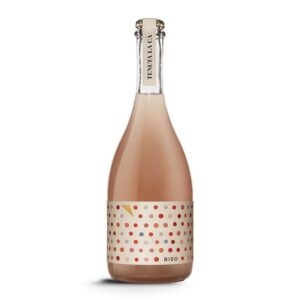 Corvinone Veneto Frizzante Igt "Biso" - Tenuta La Ca'
Corvinone Veneto Frizzante Igt "Biso" - Tenuta La Ca' 